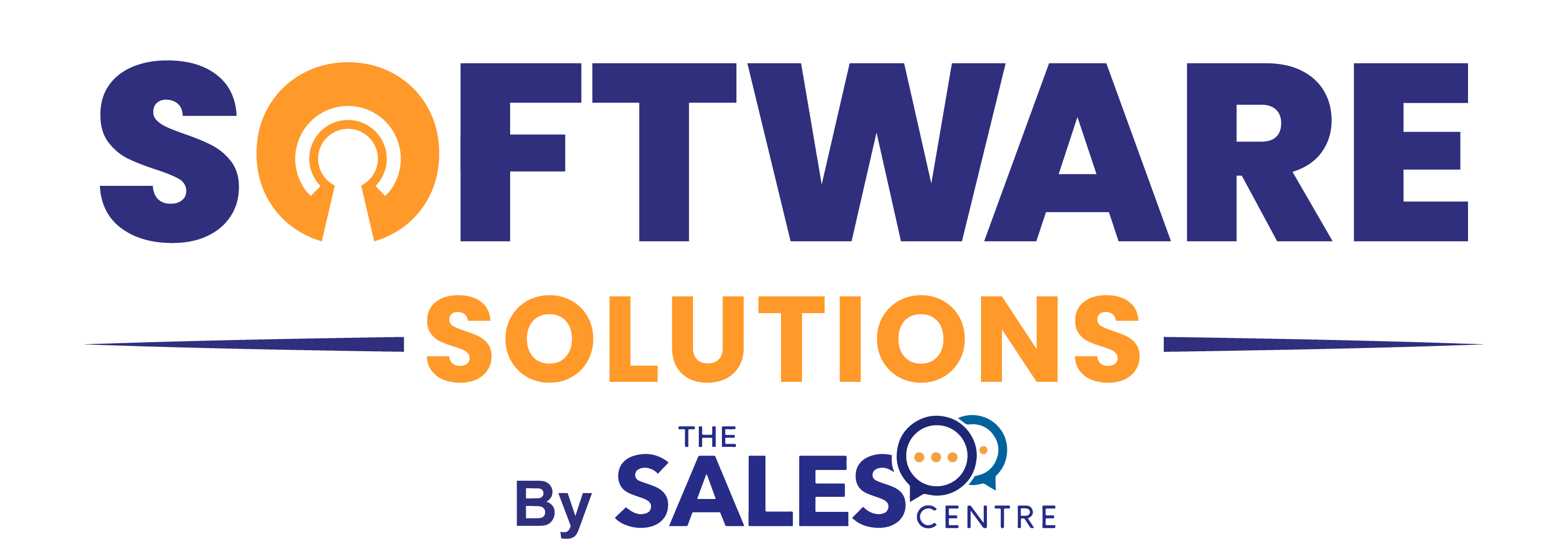As technology accelerates, the traditional HR department is undergoing a radical transformation. No longer confined to administrative tasks and manual paperwork, HR in 2025 is becoming a strategic powerhouse—powered by smart tools, data insights, and a renewed focus on people. The future of HR is not just about being faster or more efficient—it’s about being smarter and more human. And businesses that embrace this evolution are positioning themselves for long-term success.
In this blog, we’ll explore how modern HR departments are leveraging HR tech, automation, and AI to streamline processes while still building authentic human connections—and why your company can’t afford to be left behind.
Why Traditional HR Is No Longer Enough
For decades, HR departments have been synonymous with bureaucracy: stacks of paperwork, manual onboarding, repetitive compliance tasks, and endless spreadsheets. But as the world of work becomes more dynamic—with remote teams, gig workers, and hybrid models—traditional systems can’t keep up.
Today’s businesses need real-time talent analytics, seamless employee engagement tools, and recruitment systems that don’t take weeks to fill one role. This demand is driving the shift toward a tech-enabled, people-first HR model—one that focuses on delivering value quickly while also understanding and supporting the people behind the roles.
The Rise of HR Technology: Automation Meets Empathy
One of the biggest drivers of this HR revolution is automation. Modern HR software can now manage everything from applicant tracking and payroll processing to benefits enrollment and compliance updates—automatically.
But here’s the key: automation isn’t replacing HR professionals. It’s empowering them.
By offloading repetitive and time-consuming tasks to intelligent systems, HR teams can focus on high-impact initiatives like culture development, employee wellness, performance coaching, and leadership development. These are the areas where human insight and emotional intelligence truly shine—and where business value is built.
Smarter Hiring with AI-Powered Recruitment Tools
Recruitment in the future of HR is no longer about posting a job and waiting. Smart hiring tools now use AI to scan CVs, predict candidate-job fit, and even automate the initial screening process.
This speeds up hiring significantly and reduces unconscious bias by focusing on skills and suitability over subjective assumptions. Businesses benefit from faster time-to-hire, lower recruitment costs, and better-quality hires.
Employee Experience at the Centre of HR Strategy
While digital transformation is important, the heart of future-focused HR is still the human experience. Employees in 2025 are seeking more than just a salary—they’re looking for purpose, balance, autonomy, and a sense of belonging.
Forward-thinking HR departments are now investing in:
- Continuous feedback and performance check-ins
- Personalized learning and career development tools
- Mental health support and well-being programs
- Remote team engagement platforms
- DEI (Diversity, Equity, and Inclusion) analytics
Companies that use tech to support—not replace—human connection are building resilient teams that are loyal, motivated, and productive.
Real-Time Analytics and Data-Driven Decisions
In the HR department of the future, gut instinct isn’t enough. Leaders are increasingly relying on HR analytics and dashboards to drive decisions—from hiring and retention to performance and workforce planning.
These tools offer deep insights into:
- Employee turnover trends
- Training effectiveness
- Engagement levels
- Diversity metrics
- Future workforce needs
This data not only improves decision-making but also positions HR as a strategic advisor to leadership—not just an administrative function.
How Small and Mid-Sized Businesses Are Gaining an Edge
Think HR tech is just for big corporations? Think again. With the rise of cloud-based software, affordable subscription models, and user-friendly platforms, small and medium-sized businesses can now access the same tools as enterprise-level firms—without breaking the bank.
In fact, many growing businesses are turning to outsourced HR technology providers like Software Solutions to help them deploy scalable, integrated systems that evolve with their team. From onboarding automation to performance management dashboards, having access to reliable HR tech levels the playing field and accelerates growth.
Challenges of the Digital HR Shift—and How to Overcome Them
Of course, change doesn’t come without challenges. Many businesses face hurdles such as:
- Resistance to new tech among HR staff
- Security concerns around employee data
- Overwhelming choice of tools and platforms
- Lack of internal IT support
To overcome these, it’s essential to start small, choose intuitive and secure platforms, and work with trusted implementation partners who offer training and support. Most importantly, align HR tech adoption with your broader business goals—not just the desire to “go digital.”
The Human Touch Still Matters
It’s easy to get caught up in the excitement of automation and AI, but the best HR departments of the future will still be the ones that genuinely care about people. Building trust, resolving conflicts, guiding careers, and supporting personal growth—these are areas where no machine can outperform a skilled and empathetic HR professional.
Technology is a tool, not a replacement. And when used correctly, it makes space for HR to be more human than ever.
Faster, Smarter, More Human HR Starts Now
The HR department of the future isn’t some distant ideal. It’s happening now, and it’s redefining how companies attract, engage, and retain talent. By embracing the right technologies, using data to drive smart decisions, and putting people at the heart of every process, businesses can build an HR function that’s not only faster and smarter—but more human.
If your business is still relying on outdated HR methods, now is the time to modernize. Not just to keep up—but to lead.

